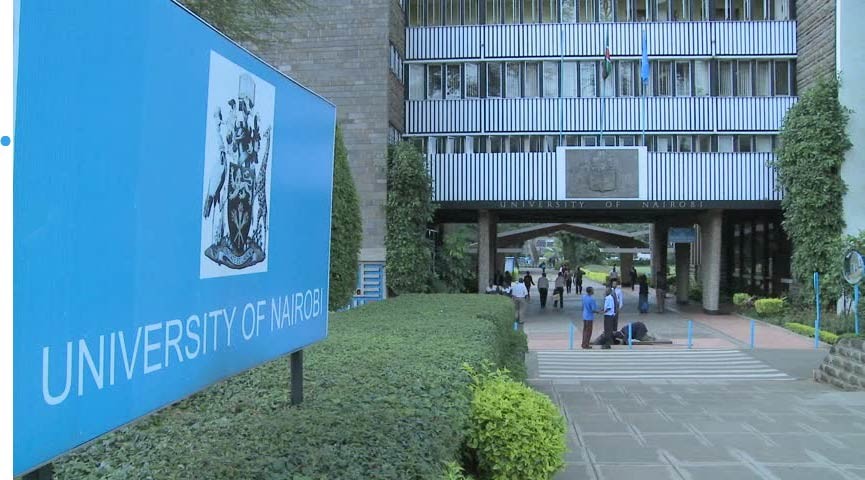May 2016 was an important month for Mr John Kimotho. As the Deputy Chief Executive of the Kenya Institute of Curriculum Development, he was meeting senior officials from 13 national education ministries in his country’s capital, Nairobi. They gathered there to determine an education policy framework for the Commonwealth’s 53 member countries: the Commonwealth Education Policy Framework (CEPF).
Commenting on the CEPF, Mr Kimotho said: “At the moment Kenya is undergoing a transformation of its education system. As such, the Commonwealth Education Policy Framework comes at an opportune moment that will allow Kenya to measure its progress against the Sustainable Development Goals.
I have learnt a lot about the process of education planning in relation to the [CEPF] framework
— Mrs Telutu Fuakiga, Senior Education Officer, Early Childhood and Care Education, Ministry of Education Youth & Sports, Funafuti, Tuvalu
“Moreover the framework emphasises lifelong learning which fits well with the Kenyan education system. The framework will help Kenya to synchronise its thinking with the Commonwealth family.”
In addition to lifelong learning, the CEPF will ensure that education delivery also focuses on equity, workforce planning and relevance to the skills and jobs of the 21st century.
So far, three member countries have piloted the CEPF – Fiji, Solomon Islands and Tuvalu– with the aim of addressing gaps in their curricula towards the fulfilment of the Sustainable Development Goals (SDGs). Feedback from those countries has been positive. For example, Ms Releshni Karan, Director of Corporate Services, Ministry of Education, Heritage & Arts, Fiji, said: “The Commonwealth Education Policy Framework provides a clear direction that is useful to the small Pacific Island countries like Fiji in achieving quality education that is on par with the rest of the world.”
We continued to support members to align their national education policies towards the delivery of the SDGs. Our guides were the Nassau Declaration and the Nassau Declaration Action Plan.
Key to delivering this ambition is the development and uptake of the CEPF and the Commonwealth Curriculum Framework (CCF). Both frameworks were reviewed and endorsed by ministers of education and senior officials at the Education Ministers Action Group (EMAG) meeting (UK, January 2017). Ministers cited the usefulness of these frameworks in the reorientation of their national education policies and curricula with the SDGs.
Another milestone: Mauritius takes a big step forwards
Our technical assistance to the Mauritius Ministry of Education came to an end with the delivery of the Mauritian Higher Education Bill 2017. Significant achievements within this bill included the establishment of the independent Higher Education Quality Assurance Agency. This agency will maintain the high quality of education in Mauritius.
We would like to thank Nasir [Kazmi] and the Commonwealth Secretariat for bringing the CEPF to the Pacific region.
— Ms Constance Nasi, Undersecretary National Education Services, Solomon Islands
The tertiary education landscape in Mauritius has witnessed significant transformation since the country’s accession to independence in 1968. Back then only one institution existed – the University of Mauritius (UoM). Today, the sector is quite diverse. It encompasses some 55 institutions – public and private – with different areas of specialisation.
As a result of its expansion over the years, the higher education sector now faces a number of increasingly complex challenges. It needs to:
- develop high value-added knowledge to enhance its competitive advantage
- build its capacity to operate in an internationalised higher education environment
- broaden access, ensuring equity and improving quality of both service and delivery.
The problem was, the country’s regulatory system was holding the sector back. There were different acts for different entities set up at different times but with some overlaps, and these acts did not adequately support the further development of higher education. So the government decided it was time for reform. What was needed was a new robust framework with clearly defined institutional mandates, hence the Mauritian Higher Education Bill 2017. The new bill will benefit tertiary education, scientific research, teachers and ultimately students.


